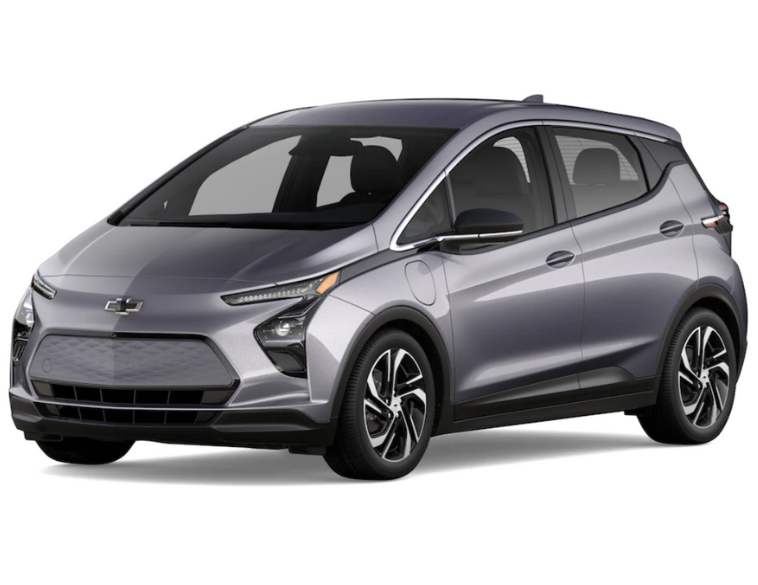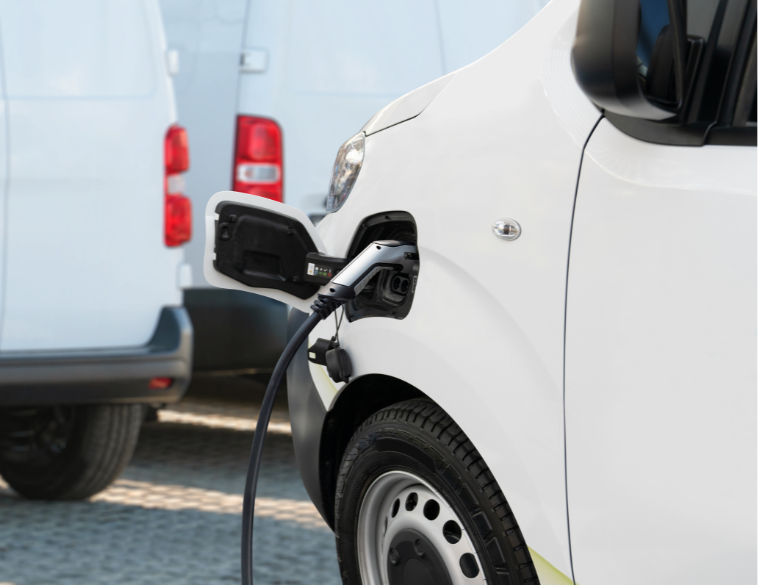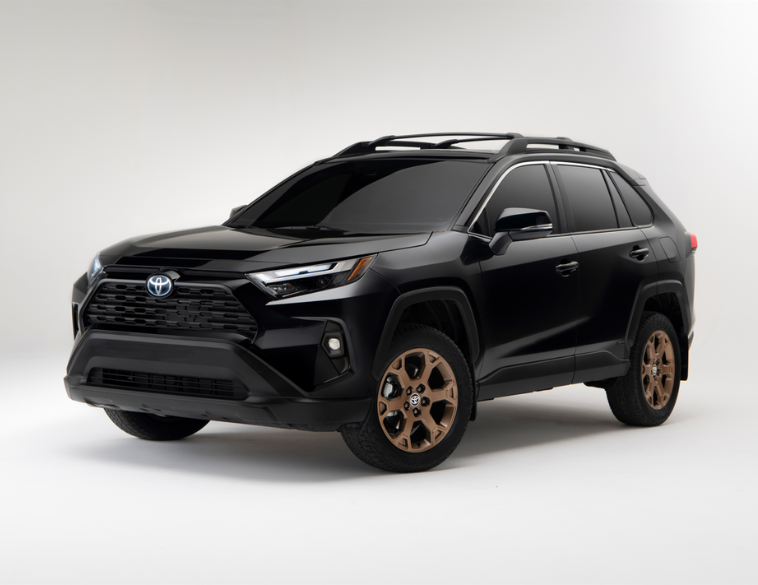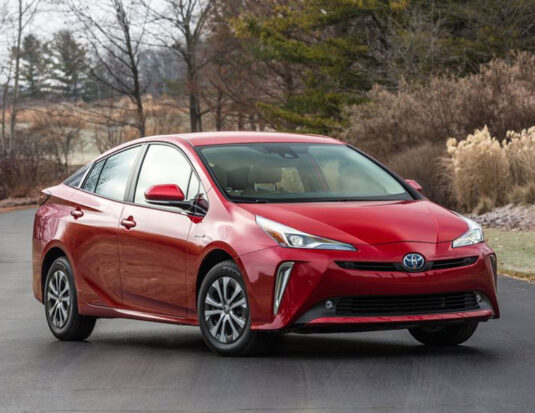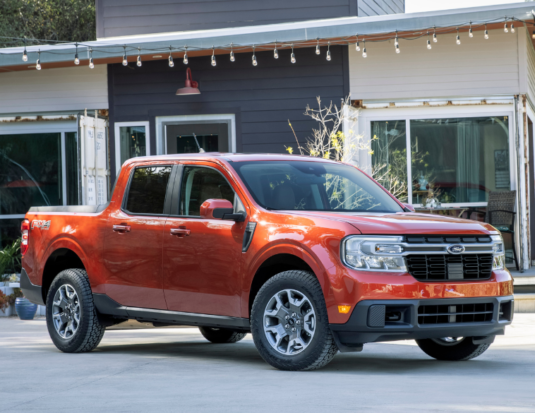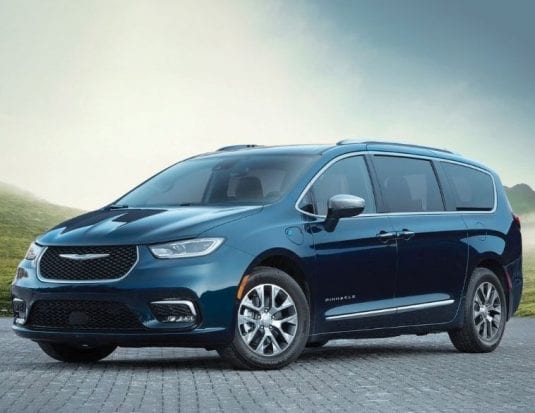Hybrid Vehicles
Today, the fleet of hybrid cars is constantly evolving. Indeed, more and more professionals in the sector are turning to this type of vehicle for ecological and economic reasons. Hybrid vehicles considerably reduce greenhouse gas emissions and have a greater range thanks to the combination of a thermal engine and an electric motor. Car manufacturers have invested heavily in the development of this technology, offering a wide variety of models to suit all business needs. This makes the hybrid vehicle fleet a sustainable and cost-effective solution.
Hybrid vehicles in the current fleet
Moreover, the hybrid vehicle market is constantly expanding, and new models are regularly introduced by car manufacturers. Among the models in the current fleet, we can mention the famous Toyota RAV 4 and Prius hybrid, the Ford Fusion, the Kia Niro, the Mitsubishi Outlander or the Volvo XC90. These new models represent an ecological and economical alternative to traditional vehicles, allowing them to reduce their costs while contributing to the protection of the environment. As a result, the fleet of hybrid cars continues to grow and companies can now choose from a wide variety of models to meet their specific needs.
Stimulating interest in hybrid cars
Promoting the purchase of hybrid cars is a smart choice for automotive and fleet professionals looking to reduce their environmental footprint while maximizing operational efficiency. Hybrid cars combine an internal combustion engine with an electric motor, offering greater range and lower fuel consumption than gasoline-powered vehicles. However, they are not dependent on the battery of the electric motor and can operate without it, allowing more flexibility. Companies that choose hybrid vehicles can therefore achieve significant savings on fuel costs, while meeting consumer expectations for sustainability. In addition, the use of hybrid cars can improve a company’s brand image and reinforce its commitment to sustainability. Many companies, both public and private, are now choosing hybrids, such as Communauto.
Hybrid cars and their technological advances
Also, innovations in hybrid cars have considerably improved the performance and profitability of these vehicles over the years. New plug-in hybrid vehicles are more fuel efficient thanks to advanced technologies such as kinetic energy recovery systems, lighter engines and brake regeneration systems. Finally, modern innovations also provide greater range in electric mode, allowing drivers to further reduce fuel consumption and greenhouse gas emissions. Finally, the hybrid crossover offers increasingly sophisticated hybrid systems that provide a smoother and more comfortable driving experience. Innovations in electronic engine management have improved the coordination between the combustion engine and the electric motor, providing optimal performance in all conditions.
What are the advantages of hybrid vehicles over electric?
Hybrid vehicles have some important advantages over electric vehicles. First, hybrid cars offer a greater range thanks to their thermal engine, which allows drivers to cover longer distances without having to recharge the battery. Although still evolving, early generation batteries still have a future, according to industry professionals. In addition, hybrid vehicles do not require costly recharging infrastructure, which can significantly reduce investment costs for companies wishing to integrate these vehicles into their fleet. Finally, it is worth remembering that hybrid cars offer a smoother and more comfortable driving experience, thanks to the optimized coordination between the combustion engine and the electric motor. Thus, hybrid vehicles represent a cost-effective and ecological alternative to traditional vehicles, while guaranteeing greater flexibility compared to electric vehicles.

